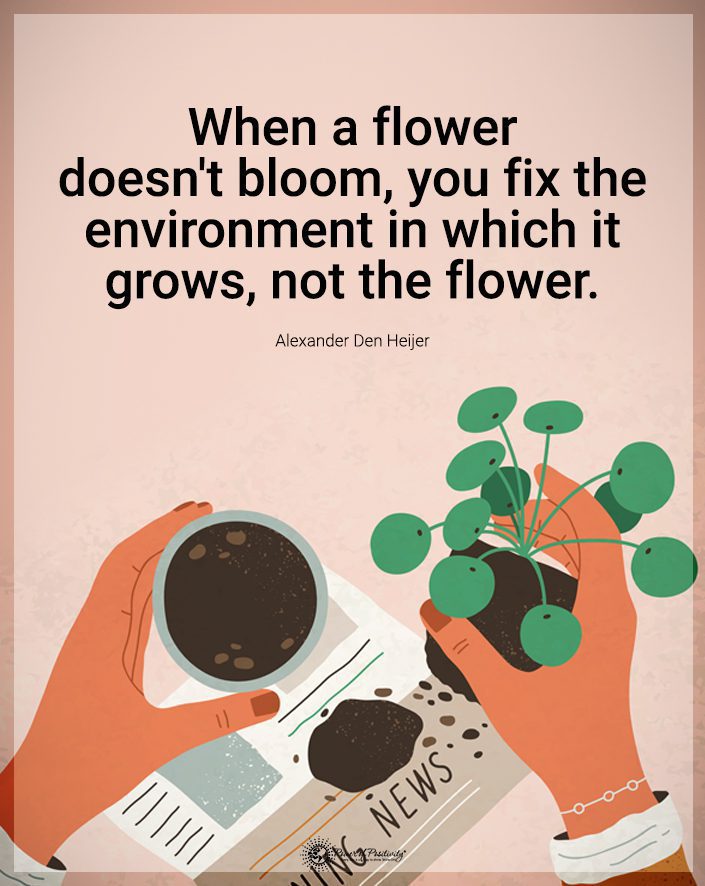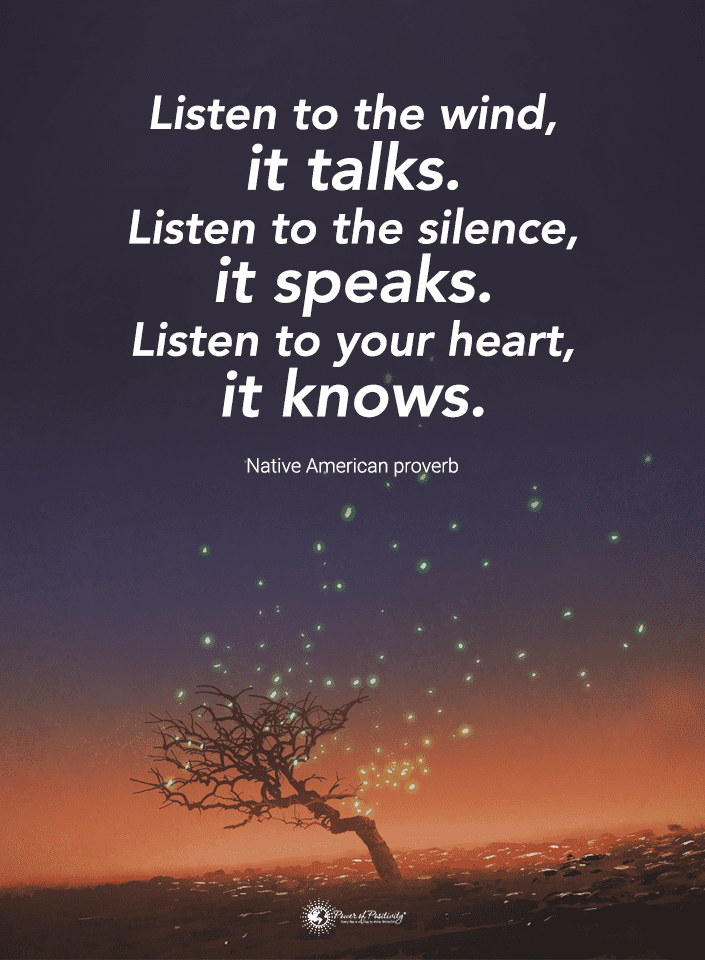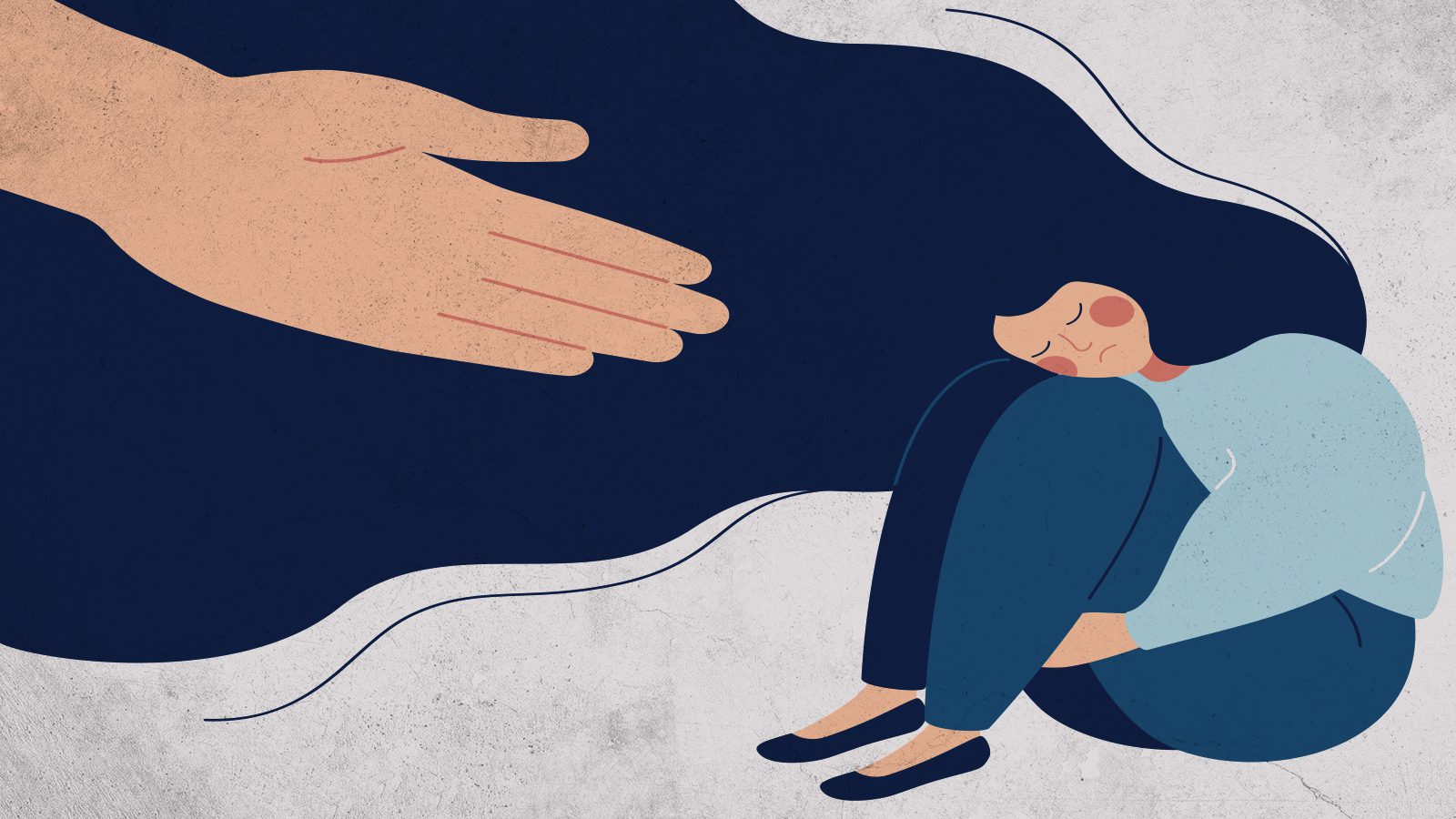Everyone needs assistance sometimes, and it’s okay to ask for it. If you’re afraid to ask for help, you must learn how to develop the skill. Even when you tell yourself you don’t need it, there will come a time when it’s necessary.
People need help all the time, including the following instances:
- Needing directions in a new location
- Not knowing an answer
- Needing input from colleagues
- Moving something heavy
- Tackling an overwhelming task
When you find yourself in one of these situations, it can be uncomfortable if you don’t know how to ask. Or, you might continue telling yourself that you don’t need anyone else, even when it’s clear that you do. Either way, learning to ask for help can make a positive difference in your life.
Why You Think You Don’t Need Help
Before learning how to ask for help, take some time to consider why you think you don’t need it. Some of us are so afraid to ask for help that we struggle alone rather than reaching out. If that’s the case for you, there’s likely an underlying reason.
You might not want to seem weak or needy, especially in front of peers and supervisors. If you work in a competitive environment, your resistance to asking might be more prevalent. You might even tell yourself that asking will be used against you and that people will think you’re incompetent.
Other times you might be embarrassed to ask for help. It can bring out insecurities and make you feel less confident about yourself and your abilities. You’ll worry about what people think of you, so you stick to the thought that you don’t need it.

No matter why you think you don’t need help, remember that you judge yourself more harshly than anyone else. The things you believe about yourself aren’t running through everyone else’s minds. Push away the negative self-talk and speak up when you need it.
Getting help from others has many benefits that you’ll miss out on if you don’t ask. You can learn from others, helping you move ahead quickly and with fewer setbacks.
Why You Should Ask for Help
Asking gives you a new perspective you wouldn’t have considered otherwise. You don’t have to be desperate before you finally reach out. If you recognize a situation that you can’t effectively handle alone, find someone to ask.
When you dare to ask, it helps improve your life and well-being. It promotes self-development, allowing you to become a better version of yourself.
Asking for help also helps build a solid support system in your life. You’ll experience improved well-being, a healthier life, and improved coping skills with a support system. They see things you don’t see, helping you maximize your efforts.
While many people think asking for help signals a weakness, that’s not the case. Instead, reaching out is a sign of strength because it allows you to take control of your life. You don’t let your pride stand in the way of how well you perform.
How to Ask for Help
Now that you’re ready to ask for help, you might be unsure how to do it. These tips will help you request some assistance in a polite, professional, and appropriate way.
1. Take a Risk
If you’re unsure if someone will help you, take the risk and ask them. The worst the person can do is say no, so don’t be afraid of what will happen. It might be uncomfortable for a minute, but it’s better than not trying.
Most people are more than willing to help others, so they will likely say yes anyway. It makes them feel useful, and it promotes happiness within themselves, too. Even if they can’t help, they’ll reply kindly and could suggest someone who can.
2. Don’t Make Them Guess
When asking for help, don’t make the person guess what you want. Make sure you’re clear about what you want to make the assistance beneficial for you both. If you want someone to show you how to do something, tell them so that they don’t do it for you, instead.
Likewise, be clear about whether you need to discuss a topic or if you need help with a task. Sometimes it can be unclear when you’re describing it, and you assume the other person knows. Be as specific as possible so that you get the help you need.
3. Think About the Timing
You don’t want to disrupt someone’s important tasks to ask for help. Consider their work schedule or if they’re busy during a specific part of the day, and avoid asking during those times.
If you’re unsure when a good time would be, you can work around it. Tell the person that you’d like to ask something and you’d like to know when a good time is. The time might be right now, but otherwise, you’ll have a plan that works for both of you.
4. Consider Who the Best Person is to Ask for Help
Once you’ve figured out what you need, be mindful of who you ask. You’ll ask different people based on the kind of help you need. If you require specific information, consider if you know an expert in that area or if you need to seek a professional opinion.
When you need help moving heavy furniture, think about who is strong enough and less likely to have an accident. If you’re unsure who can help you, start by asking around to see if someone you know has an idea. You might have to ask multiple people before getting the help you’re looking for.
5. Offer Assistance to Others
People are more likely to help you if you’ve helped them before. It also makes it easier to ask. When you helped someone in the past, you won’t be as nervous or afraid when it’s your turn to need assistance.
Offer your time and talents to others without making them ask to create a support system you can turn to. You’ve been in the position of needing help, so don’t wait for them to ask before you step in and offer.

6. Be Appreciative and Show Gratitude
Anytime someone helps you remember to show appreciation and gratitude. Thank the person when they accept your request for help and reiterate how much you appreciate it. If possible, reward them for helping you out with a little gift to show how thankful you are.
Being appreciative and thankful is not only polite, but it levels the playing field in a way. If you offer a gift, you won’t feel as indebted to the person who helped you. Plus, it puts you in a position where you can ask for it again when it’s needed.
7. Be Mindful of the Way You Ask for Help
The way you ask makes a difference in the other person’s willingness to lend aid. Be mindful by not making the favor sound like a command. You might have to give context so that the person knows they’re not obligated to help.
Be kind and humble when you ask to promote empathy from the person you ask. It shows that you’re vulnerable, which will make the other person more likely to agree.
Be honest about why you need a hand. Honesty is a sign of respect, and it shows that you’re open-minded and trusting. Be willing to listen and learn from the person who helps you.
8. Explain Why You Need Assistance and What You’ve Already Tried
People are more likely to help you when they know why you need help. Instead of being vague, be specific about why you need their assistance. They’re more likely to say yes because they won’t feel like you’re using them.
Tell them what you’ve already tried so that they know what didn’t work yet. Knowing what you already did can help the person troubleshoot your issue and find a solution.
9. Prepare Them for the Question
Don’t just blurt out that you need help from someone. Instead, prepare the person for the request by telling them that you need to ask for a favor.
The person won’t feel blindsided or like you’re putting them on the spot. It gives them a moment to process what’s coming instead of catching them off guard.
10. Show That You’ve Already Tried on Your Own
People are more likely to help you if they know you’ve already tried. By making it clear that you’ve attempted it, they’ll understand that you did what you could.
They don’t want to feel like you’re asking them to do your work for you. However, the person will be happy to help if they know you gave it a shot.

Final Thoughts on Ways to Ask for Help (Even If You Don’t Think You Need It)
Everyone needs assistance sometimes, so consider what you need and how it could make your life easier. Then be courageous and ask for help. Once you receive the aid, you’ll realize how much it helped your progress. Be appreciative and show gratitude, and you’ll develop a helpful support system.

















